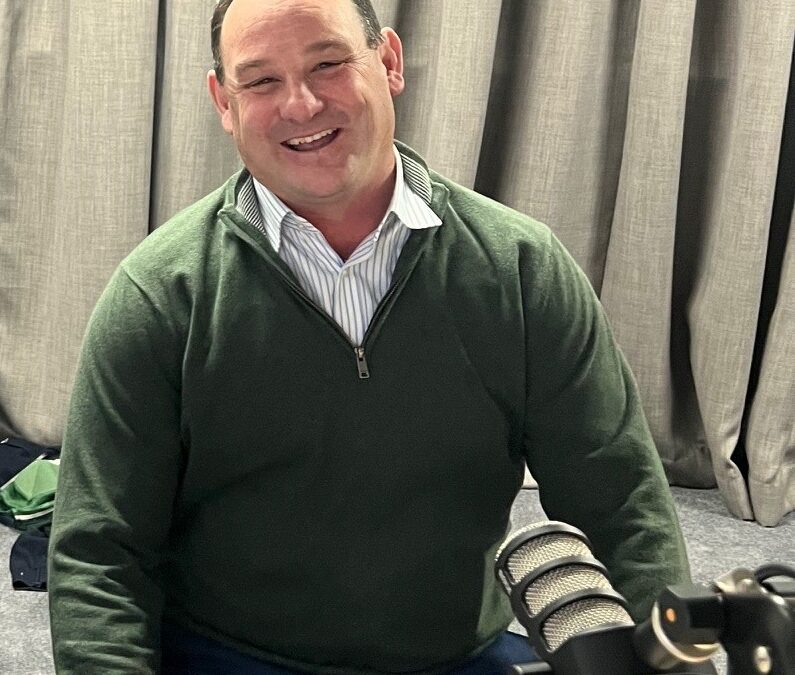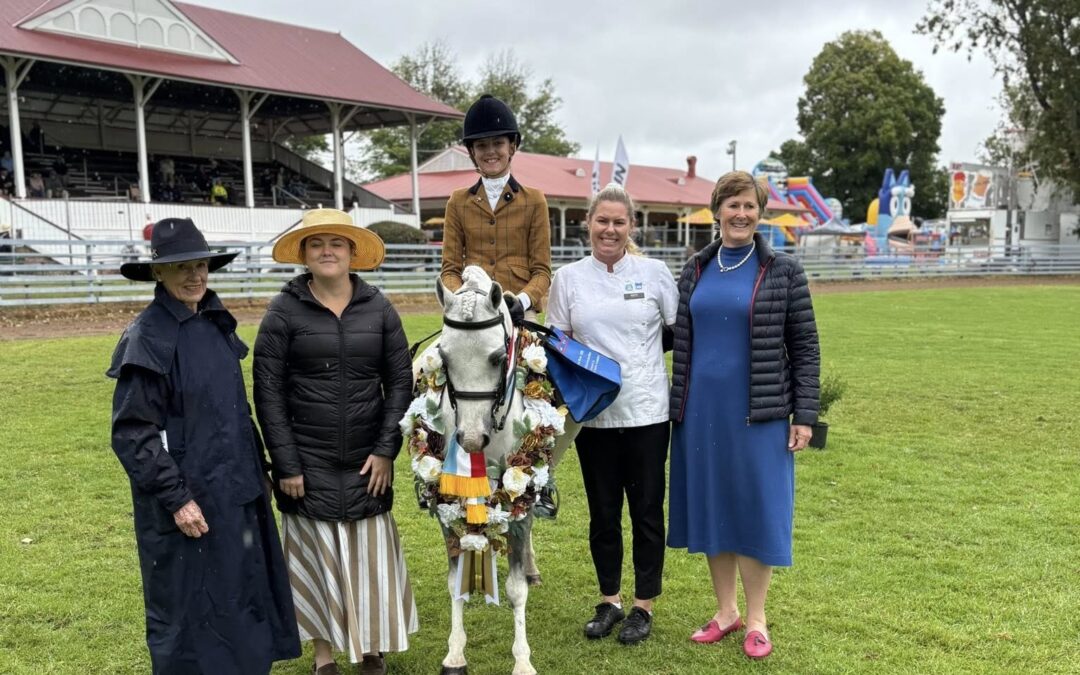Insurance within super is usually the most cost effective way for an individual to cover themselves in the event of a mishap. Most super funds typically offer three types of insurance for their members consisting of life cover, total and permanent disability (TPD) and income protection insurance (or salary continuance cover).
By way of background, life cover (death cover) pays a lump sum or income stream to beneficiaries upon death or in the event of a terminal illness. TPD insurance pays you a benefit if you become seriously disabled and are unlikely to work again. Income protection (IP) insurance pays you a regular income for a specified period, ranging from 2 years to 5 years or up to a certain age if you can’t work due to temporary disability or illness. It is estimated that 7 out of the 20 largest MySuper products provide default IP insurance on an opt-out basis and approximately 3.4m MySuper accounts have IP insurance.
Recently, ASIC reviewed the practices of five large super funds that provide default IP insurance on an opt-out basis to their members, accounting for around 2m MySuper member accounts as at June 2021. From that review, it has raised various concerns around the amount of information received by members on these policies and whether funds should be doing more.
“We found that the trustees were not proactively giving their members clear explanations about when insurance benefits would or would not be paid as a result of offsets. This information is relevant to members in considering whether they should opt-out of default IP insurance. It is also useful when members are making an insurance claim.” – ASIC Commissioner Danielle Press
Overall, the review found that most IP insurance policies contain “offset” clauses, which means that the insurance benefit is reduced or “offset” if the individual receives other kinds of income support. This is used as a way to reduce incentives for individuals to delay their return to work as a result of receiving more income while disabled than working. In addition, it also found there were large variations between super funds in the types of income that were offset against IP benefits.
For example, different funds will offset different combinations of alternative income such as paid leave (annual or long service), employer super contributions, social security benefits, total and permanent disability benefits, workers’ compensation, and other insurance settlement or benefits.
ASIC’s concern is not that these offset clauses exist, but rather relevant information to explain the clauses were not available on website communications or in welcome packs, and only described in technical and legalistic language in insurance guides.
It is also concerned that the super fund trustees were unable to demonstrate that they had sought reliable data on offsets and use it to review the appropriateness of their default IP insurance offering. This could cause unnecessary erosion of super benefits of members if offsets mean that particular groups of members get little value from their default insurance if they need to claim, according to ASIC Commissioner Danielle Press.
Do you have IP insurance?
If you need help to figure out whether you have IP insurance or if your IP insurance is worth the money that you’re paying, we have the expertise to work it out. Save yourself the headache and contact us today at enquiries@rm.net.au for help on this and any other tax and super issues.



